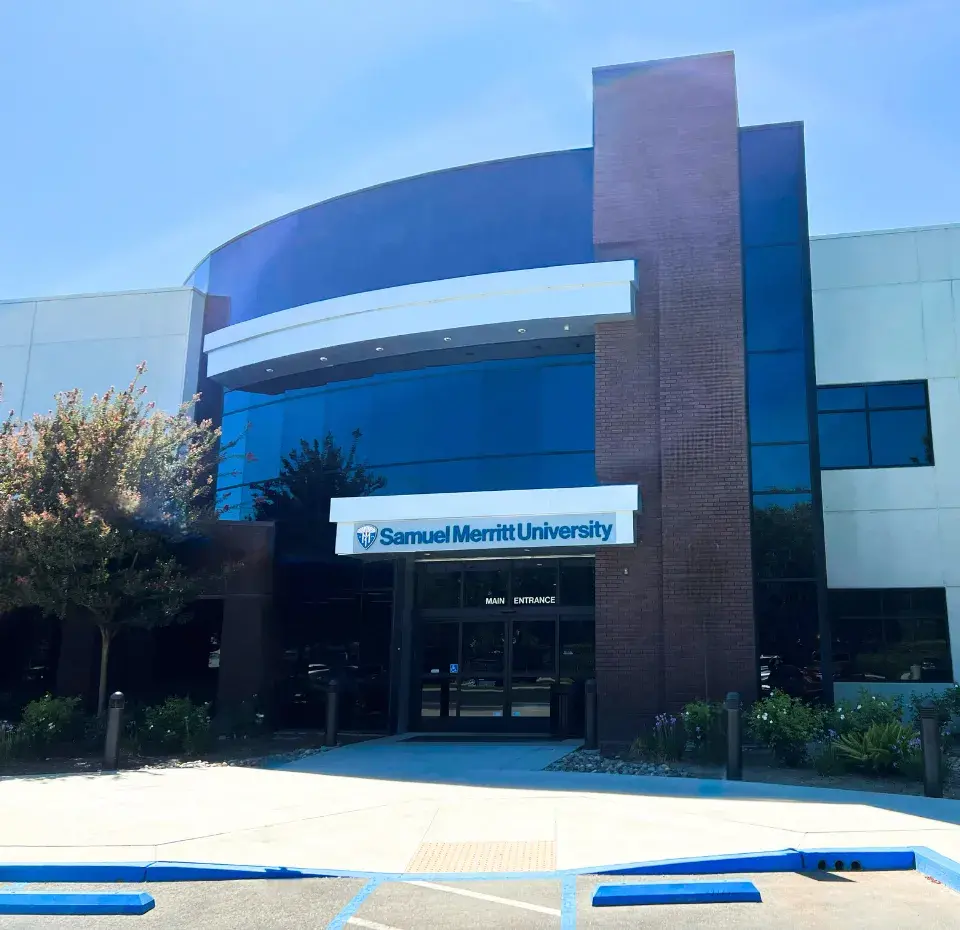
In addition to the below policies, there are program-specific requirements that may be listed in the program’s student handbook
In addition to the below policies, there are program-specific requirements that may be listed in the program’s student handbook